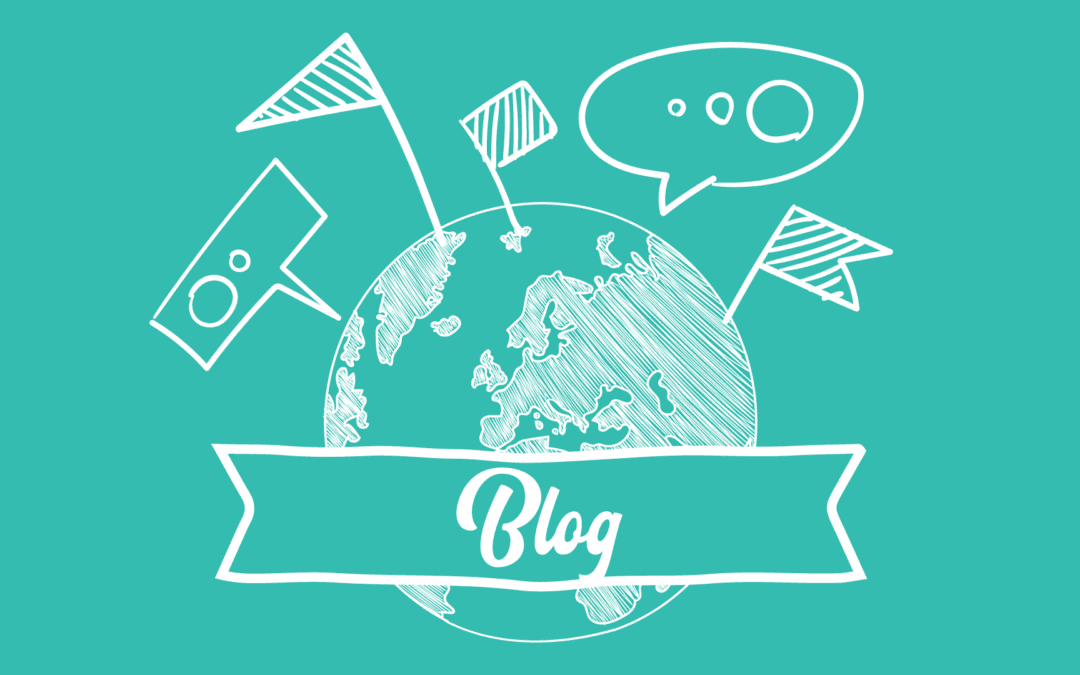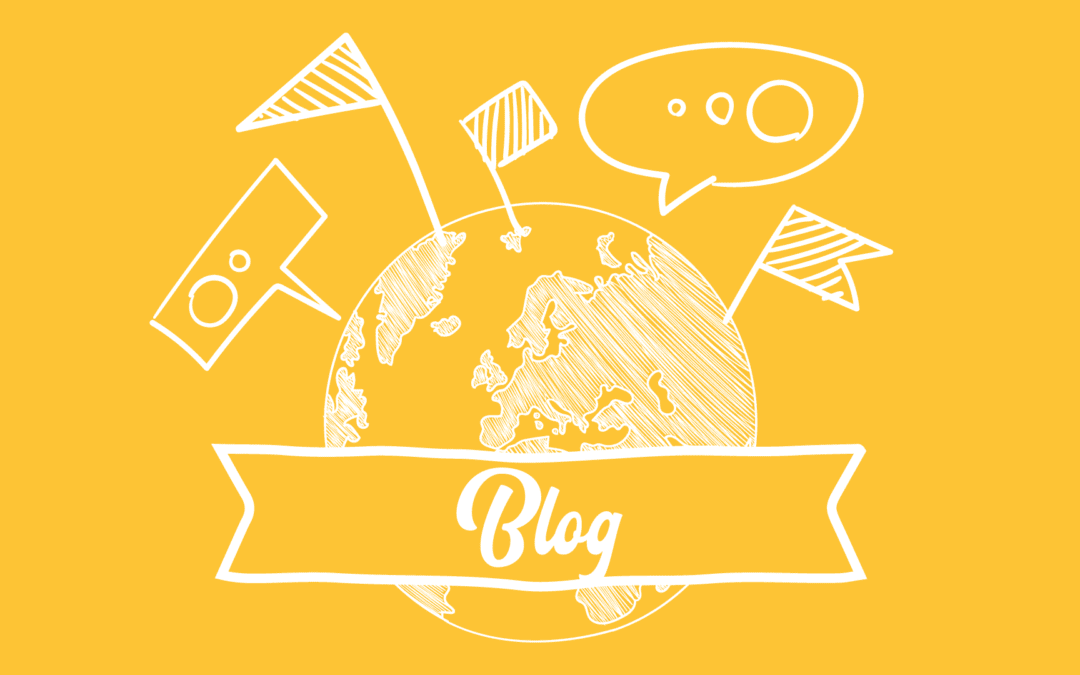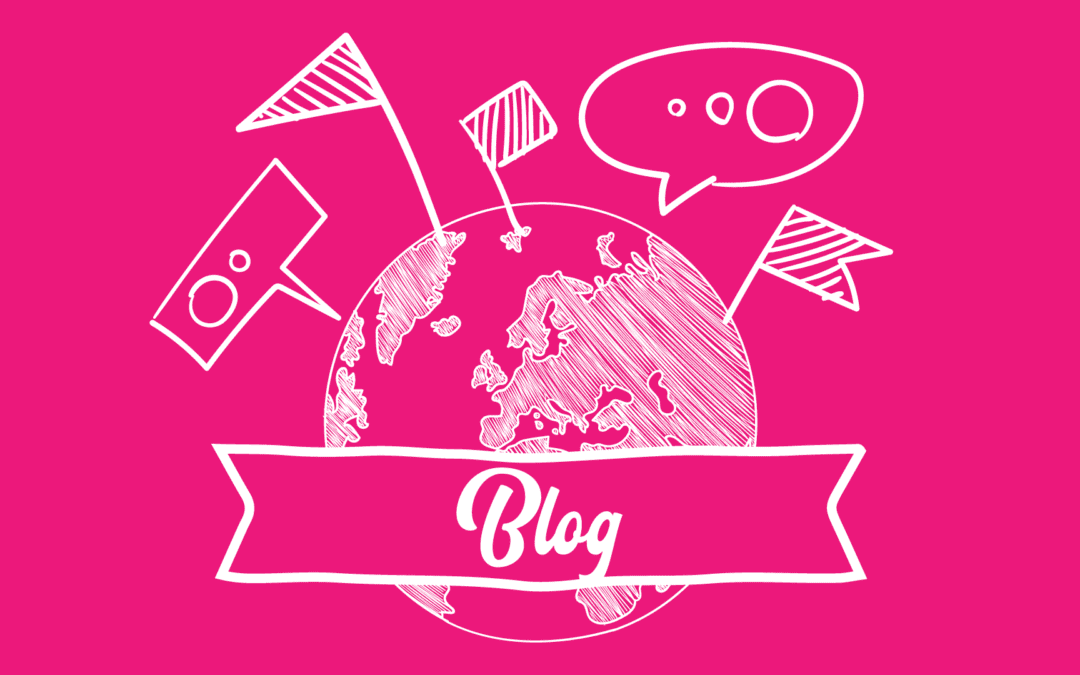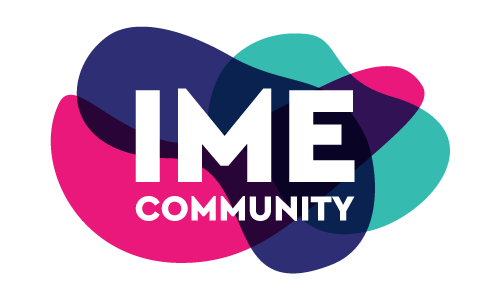
by Dr.Karla, ActivistMD | Sep 29, 2023 | Self Care, Teen Health and Wellness
What are your top 5 reasons for eating sugar?
I’m going to teach you some sugar awareness. Sugar is everywhere and it’s super powerful. To say, “Oh, just stop eating sugar,” is absurd. It doesn’t work and it will backfire, making the sugar extra delicious and create more desire. Plus, you don’t need to stop eating sugar. That would be super boring. If someone told me to stop eating ice cream, they would probably get hurt!
The thing is because our food system is a dumping ground for processed sugar, making the food what’s called “hyper-palatable”, so super yummy. That means our bodies end up being a dumping ground for added sugar, Plus, if you’re a teen, you are exposed to tons of digital marketing tactics from food companies that research shows activate four craving pathways in the brain. Awareness is powerful. Nerdy science is powerful.
What are the reasons you eat or drink sugar?
How do you use sugar in your daily life? Is it for energy? When you’re bored? Habit? It’s just there? Does it simply taste good? A reward for doing something? Tired? Pleasure? No idea? Do you eat sugar when you’re judging or shaming yourself? Peer pressure?
Usually, when we have an urge or craving, there’s a thought that comes up that’s either a judging or shaming thought or a reward thought. So, it’s like either your negative self-talk voice comes up in your brain judging you or giving you permission, like, “Go ahead, you deserve it.”
Sometimes when I eat sugar, my brain gets hijacked and I just keep eating it. It feels impossible to have just one or two. That happened to me recently at a family reunion. The stress of being around people and trying to manage my emotions, my brain was like, “Um, no. Those mini cupcakes are mine.” By the way, I just said to myself it makes sense and went on with my day and didn’t shame or judge myself. That’s the number one trick is to not judge yourself, but to be more aware of what’s going on with your brain and body. That’s a coaching trick called Write it down and move on. I will teach you more later.
How can you find a sugar balance?
Start by thinking about when you usually eat sugar and why? Write down the reasons you eat sugar. Start by writing down the top 5 reasons you eat sugar. These are mine:
- Taste
- Feels like a Reward
- Boredom
- Tired
- It’s there and I’m stuck in a habit
Next up, I will teach you how to add up how much added sugar you’re eating on the daily.
Be a curious scientist,
Dr. Karla

by Dr.Karla, ActivistMD | Sep 29, 2023 | Self Acceptance, Self Care
Is that a tongue twister? Typo? Copy and paste?
Nope.
One of the first coaching tools I teach you about is story vs. facts. Your brain is a story making machine. Your brain is a meaning-making machine. Your brain has negativity bias.
As a human, you attach meaning to the thousands of thoughts swirling around in your brain. It can be exhausting. Why does it matter? The reason it matters is because your thoughts create your feelings which drive your actions or inactions. Everything you do or don’t do is to make you feel a certain way or avoid feeling a certain way.
If you’re stuck not taking action, it’s because you have an attachment to a belief or beliefs about yourself that are creating a feeling of shame, powerless, helpless, unmotivated, or defeated, tired, sad, and on and on. It’s like you’re stuck like paint on a wall to a thought. You are choosing to stay attached to a thought that doesn’t serve you.
Get curious and start with thought awareness. Thoughts are like a rainbow. They come and go in your mind.
Beliefs are powerful thoughts on a loop in your brain. I believe that beliefs are a way to organize all the thoughts. It’s like we’ve got a big filing cabinet and self-beliefs are a whole drawer.
Self-beliefs are optional. The problem is without creating awareness of your thoughts or beliefs or the story, you will keep staying stuck.
Let me give you an example.
I was coaching a teen who feels guilty every time she eats. Her brain tells her, literally every time she eats any food, “You shouldn’t be eating this.” Her relationship with food is her punishing relationship with herself. It feels safe. Restriction is control. I know it well.
I didn’t argue with her and I didn’t convince her to believe a different story. We coached on how the rigidity comes up in her body, described it as a metaphor, and how she can recognize and take a pause. She wasn’t ready for that. The restriction feels good to her. It’s a powerful addictive obsessive pathway in her brain. It’s perfectionism. It has nothing to do with food or weight. It feels safe to her and if it leads to binging, then so be it. Binging is a powerful relief, followed by shame, doubling down on restriction and so the cycle goes. She’s stuck in the extremes, pinging back and forth, all coming from the story she keeps believing about herself.
What would it feel like to have a softer kinder approach? To feel like food is food?
“I can’t.”
When you learn to drive, you learn that you don’t have to slam on the brakes. Just let up on the gas. Let up on the self-punishing accelerator.
“I don’t know.”
I let up on the coaching accelerator. Don’t argue. Don’t convince. There’s a little crack in the darkness where a bit of light is shining through.
I know what you’re thinking. “Hey, Dr. Karla, how do you not cry when you’re coaching a teen who says this?” Let me tell you, I hold it in and then once I click the end meeting for all button on zoom, I do cry. The reason I cry is because I adore her and I send up a little prayer or positive vibes into the metaverse, “All good things for ______.”
I emailed her Mom to let her know her daughter’s thought model, and asked her Mom to be on the next coaching session. I also asked her Mom to connect with me on zoom. I’m not licensed in her state, so she couldn’t be a patient in my Metabolic Telehealth clinic (drkarlamd.com), but I decided I needed to put on my medical hat with this one. I don’t give medical advice, but education and sharing resources.
What do you want to let go of?
Most of the time it’s hard to let it go because that negative self-talk voice is so strong and has served a purpose for so long.
You are worthy of this work. You are unbroken. You are enough. Always.
Self-kindness (not self-loathing) is the key to your health goals,
Dr. Karla

by Dr.Karla, ActivistMD | Sep 29, 2023 | Self Care, Teen Health and Wellness
I was recently coaching a Mom of a teen who wanted my help with her daughter who has struggled with her weight “all her life”.
Her daughter is 17 and is begging her Mom to let her take the new GLP-1 medications (saxenda, wegovy, ozempic, mounjaro) and Mom is full of questions and concerns. Mom also has hope that the new medications may help her daughter.
“What are they and how do they work?
“What are the side effects?”
“Are there studies on long-term effects?”
“Are they forever medications?”
“Do they work?”
“Will they cause an eating disorder?”
“How do you get them?”
“Are they covered by insurance?”
“Is there more than one to try if the first one doesn’t work?”
“What are the other things we need to work on?”
GLP-1 receptor agonists work by reducing the appetite and feelings of hunger, slowing the release of food from the stomach, and increasing feelings of fullness after eating. Some, like mounjaro, have the added action of “quieting the mind” through acting on the G1P receptors in the brain.
- Wegovy is semaglutide, a GLP-1 receptor agonist and is given as a weekly injection. It’s approved by the FDA as an Anti-Obesity Medication for 12 years and up.
- Ozempic is lower dose semaglutide, approved by the FDA for treating type 2 diabetes for 18 years and up.
- Liraglutide, also known as Saxenda, is approved for 12 years and up and is a daily injection, and is more easily covered by insurance.
This is just information and is not a recommendation for use of these medications. There are many considerations to take into account before prescribing the medications. Also, you should know I have zero ties to the pharmaceutical industry and zero conflicts of interest.
It’s a nuanced, individual, medical, ethical, and family decision to determine if a teen patient should try a medication like wegovy. If you’re ready to start the conversation, check out Metabolic Telehealth for children & adolescents at drkarlamd.com.
Science is the best,
Karla Lester, M.D., Pediatrician & Certified Diplomate of the ABOM

by Dr.Karla, ActivistMD | Sep 29, 2023 | Parenting and Teens, Self Care, Teen Health and Wellness
You just heard St. Elmo’s Fire by John Parr and I started your 80’s Mixtape with You spin me round by Dead or Alive. Playlist for the day is almost all top hits from August of 1985, so 38 years ago. It’s got an industrial feel, so I thought we’d talk about the top benefitters or profiters of America’s poor health. That’s what it’s all about, right? Toxic profits and for just a few.
The very concentrated few. You’ve heard of the Military Industrial Complex. Well, I’m here to tell you about the Industrial Complexes that have created and profit from the epidemic of obesity, type 2 diabetes and on and on. Especially in children and teens and now for generations.
These are not in any order of their toxicity. First is Big Food or the Food Industrial Complex. Next is Big Pharma or the Pharmaceutical Industrial Complex. Not to be outdone, Big Healthcare or Corporate Healthcare, which is what all of healthcare is, comes in as the Healthcare Industrial Complex. Let’s not forget Big Diet or the Diet Industrial Complex profiting off of promotion and glorification of eating disorders.
I’ll tell you more during the next break about the most powerful industrial complex and it’s subterranean and has all the control and reaps all the profits and has tons of feeders.
Here’s We don’t need another hero by Tina Turner. When it comes to your health, you need to be your own hero.
It can happen by Yes. That’s from 1984.
Spanish Eddie by Laura Branigan from 1985.
Lay it down by Ratt. That’s Ratt with two T’s for everyone in the back.
Now, let’s go with Wham Rap by Wham.
Invincible by Pat Benatar
Would I lie to you by Eurythmics. Of course, they would. That brings me to the next Industrial complex which I believe is super powerful and has tons of feeders and perpetuates our poor health and is a major influence on children and teens. Any guesses? It’s what I call the Media Industrial complex. Social media, Influencer culture, toxic wellness industry, digital marketing. Let’s call it Big MIC. Teens have high exposure to: digital advertising, peer-group influence, and they have developing brains with cognitive and emotional vulnerabilities. Food marketers are stealth and use three main promotional platforms:
Broadcast/mass media food packaging, TV, billboards, magazines
Digital marketing
Settings-based like schools, movie theaters, restaurants, stores, clubs, and transit systems.
In honor of us disrupting the toxicity of the Big Media Industrial Complex, BIg MIC, This is Hey Mickey by Toni Basil.
Thank you to my daughter, Audrey for her research on marketing tactics and children and teens.
If you’re ready to help your teen be their own health hero, connect with me for a coaching consultation.
If you’re ready for a metabolic telehealth consultation, go to drkarlamd.com and schedule a consultation today. No referrals needed!
Send me your 80’s requests,
Dr. Karla

by Dr.Karla, ActivistMD | Sep 21, 2023 | Parenting and Teens
Every parent, especially Moms worry about being an Almond Mom stuck in diet culture, potentially causing an eating disorder or doing absolutely nothing to help their teen who has health issues like insulin resistance and mental health issues associated with internalized weight bias.
The healthier the relationship between parent and teen, the healthier the teen. When I say healthier I don’t mean weight. Health is not a number on a scale. I’m talking about relational health.
Megan and her Mom are the best example of a parent and teen relationship being the foundation for reaching health goals.
I’ve been coaching Megan, who just started her Junior year. We’ve been working together over the summer. She’s doing great with her health goals she set for herself. Her Mom reached out to me several months ago about her amazing daughter who has struggled with her weight since she was little. Megan is a leader in her school, has great friends, makes all A’s, has been active in sports, and has an amazing supportive family. Megan’s full of dreams for her life.
Megan feels like her life is 90% great, but the 10% is holding her back. It’s like the 10% is taking over the 90%. Megan has almost a freeze response when she’s bullied. Even though she’s a leader Megan isn’t able to stick up for herself when she’s weight bullied.
My first step was a 30 minute coaching consultation with Mom to go over what’s going on. Mom was on board with my four pillars and my Let’s meet in the middle philosophy. See my viral TikTok video. Read the comments on my post to see how important it is to take a compassionate and not a compliance-based approach.
Mom felt like Megan would be a good candidate for the newly FDA approved GLP-1 medications, but her pediatrician wasn’t comfortable writing a prescription. This is a common scenario. Mom didn’t know where to start. I did. It’s like a flow diagram. We do this in medicine for patient care.
My telehealth practice isn’t licensed in her state, but that didn’t stop me from helping to navigate the process of getting a prescription and supporting Megan’s health goals.
Speaking of flow diagrams, stop here to see if you live in one of the ten states I’m licensed in and go to drkarlamd.com to schedule a specialty consultation. No referrals needed!
Define the problem. Diagnose the issue.
Back to Megan. It’s not the weight. The problem is not having answers, not knowing what’s going on, feeling stuck in self-judging, thinking if it was different then everything would be good, staying stuck in overdesire food cravings and binging.
Don’t push your solution. If you make it all about the “how”, then that’s diet culture and you will get ghosted. It’s like being a transactional parent compared to a transformational parent. I’m writing more on this in my book………..
Spoiler alert: Megan is slaying her health and life goals!
Stay tuned for the next IME-mail where I’ll share how I coached Megan and her Mom to slay her health goals!
Here to help with compassion,
Dr. Karla



